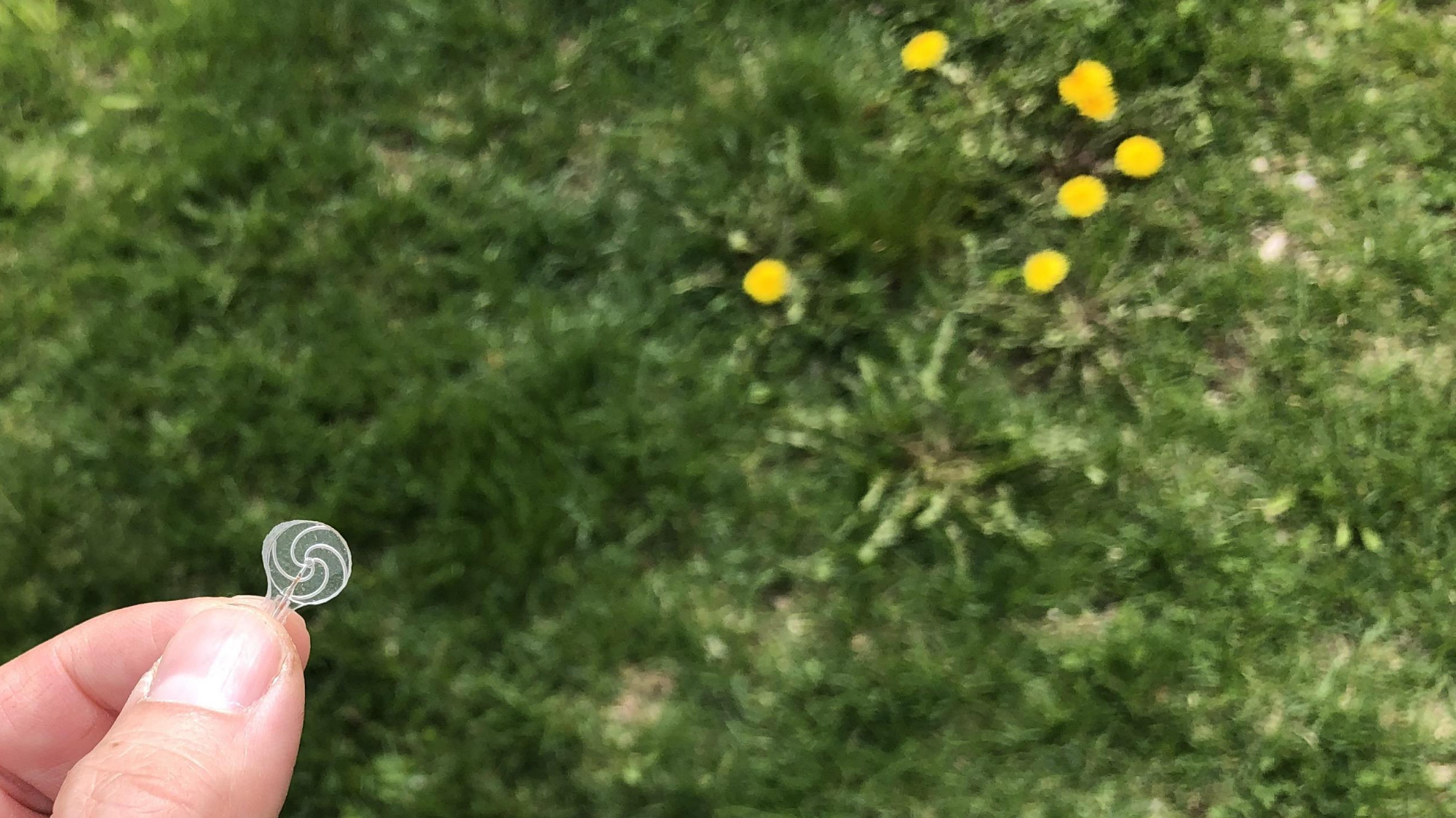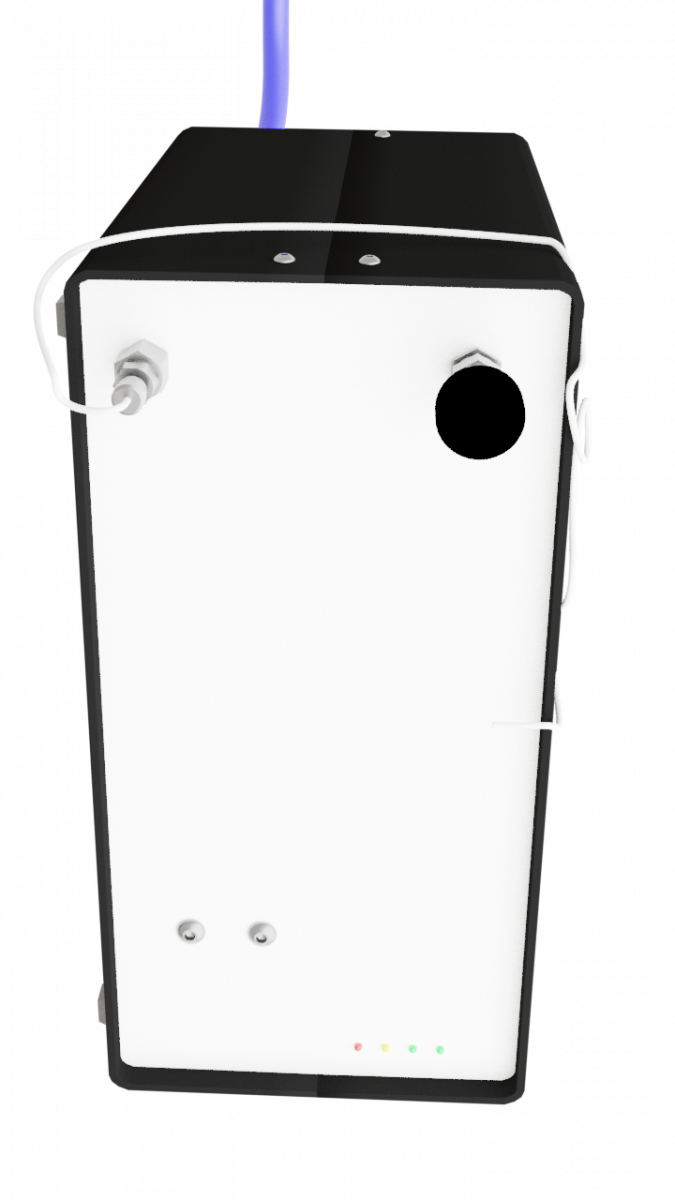
With support from ESA Space Solutions, start-up Fourth State Systems has taken a sensor designed for space and developed a solution that could help save the lives of babies born prematurely around the world. The technology was originally intended for miniaturized instruments for planetary exploration, but its unique ability to handle minute sample amounts also makes it ideal for monitoring blood gases in infants.
Transcutaneous blood gas monitoring is a method of measuring carbon dioxide and oxygen levels in the body through the skin. Such analysis is important in healthcare and vital for modern neonatal care.
Preterm birth is the primary cause of death for children under 5, even though the World Health Organization (WHO) has estimated that at least three-quarters of these infants could have been saved.
”There is an immense need for cheaper, less complex instruments in neonatal care,” says Anders Persson, CEO of Fourth State Systems. ”Every year, 15 million babies are born prematurely. One million of them die, but at least 75% could have been saved if they were given adequate care. Today, such care is only available in the advanced neonatal care units of developed countries because modern neonatal care is complex and costly.”, Anders Persson adds.
Solving a neonatal care challenge
Outside the womb, a preterm infant’s lungs are not capable of fully oxygenating their blood, so they are treated in an incubator with an elevated oxygen level. But it is also important to prevent their blood oxygen level becoming too high, so frequent monitoring is important.
Preterm infants have too little blood for blood sampling to work. However, the skin, particularly of infants, is not completely gas tight, so measurements can be done transcutaneously instead. Unfortunately, today’s monitors are quite slow and may cause burns. Instead, Fourth State Systems’ sensor can perform the measurement quickly and without heating the skin.

Promising performance and unique features
The sensor has its roots in a research programme aimed at developing miniaturized instruments for astrobiology at the Ångström Space Technology Centre of Sweden’s Uppsala University. The goal was to study carbon isotope ratios in carbon dioxide. The concept is based on microplasma technology, which was found to exhibit some unique features, including an ability to handle extremely small sample amounts.
By 2018, the research had matured enough for commercialization to begin. Fourth State Systems was admitted to the incubation programme at ESA Business Incubation Centre (ESA BIC) in Sweden and also got backing from the Swedish Innovation Agency VINNOVA and the EU initiative ATTRACT, where it was named a European Breakthrough Technology.
”During incubation, the positive feedback from doctors and nurses has been the most important thing, since they will one day use this technology. Now we are getting ready for the final steps of completing our journey from looking for life on Mars to saving lives on Earth,” says Anders Persson.
ABOUT ESA SPACE SOLUTIONS
ESA Space Solutions is the go to place for great business ideas involving space in all areas of society and economy. Our mission is to support entrepreneurs in Europe in the development of business using satellite applications and space technology to improve everyday life. ESA Space Solutions is designed to provide multiple entry points such as ESA Business Incubation Centres (ESA BICs), ESA Technology Broker Network, ESA Business Applications Ambassadors and ESA Business Applications programme. Funding typically ranges from €50k to €2M and supports everything from technology transfer, business incubation, Feasibility Studies to large-scale Demonstration Projects.


